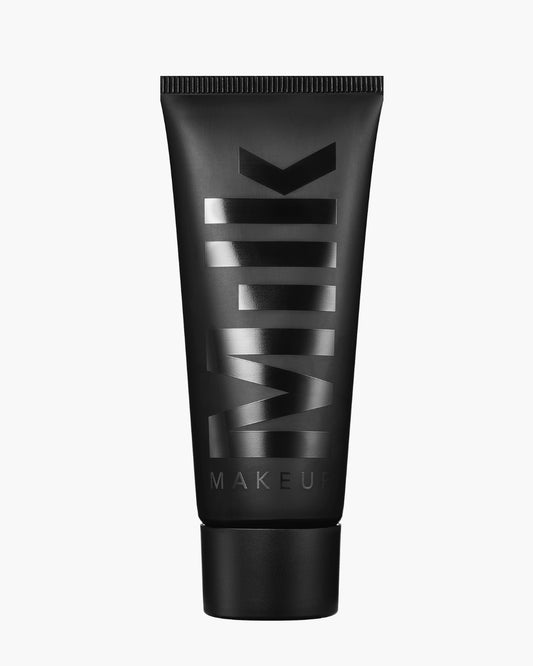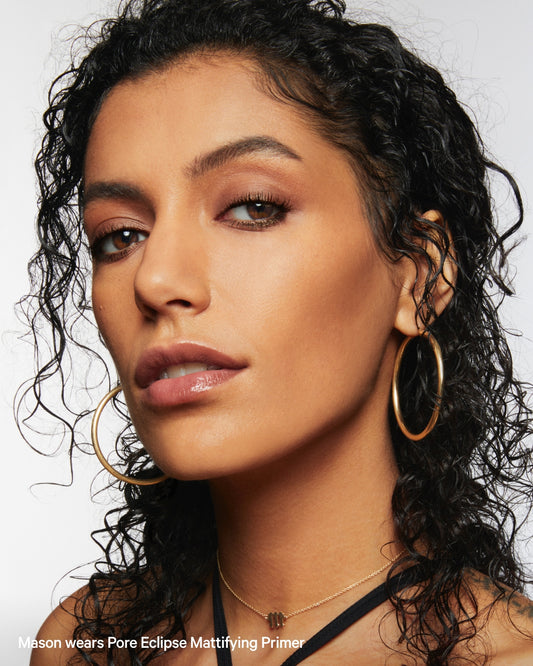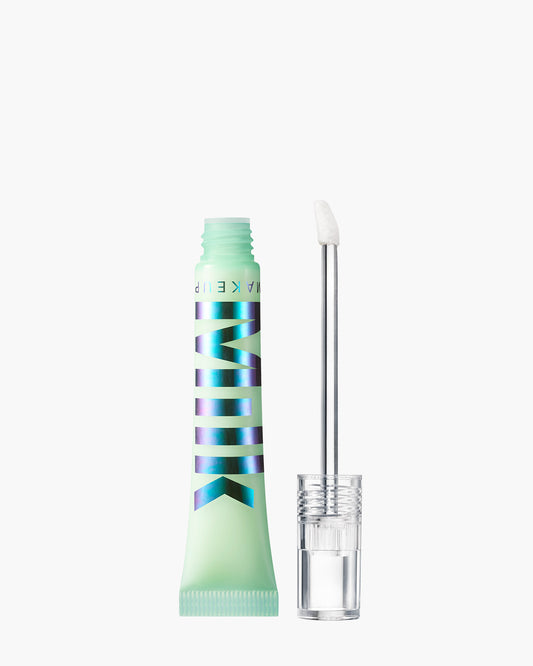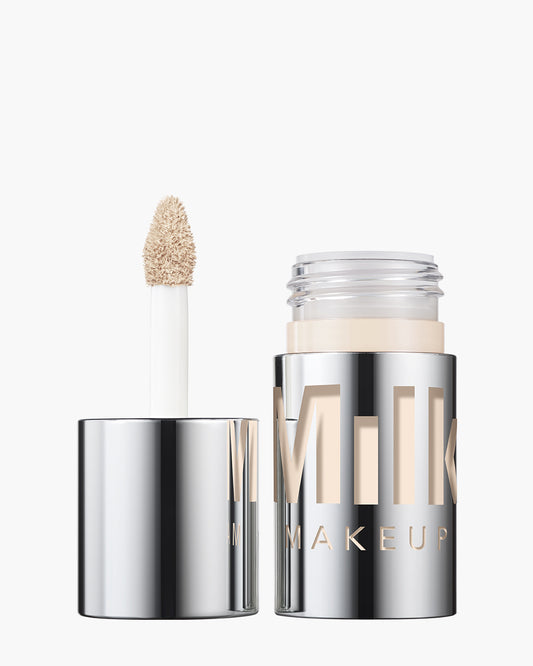One thing we can likely all agree on is that behind every great makeup is a good face primer. (Not convinced? Let us remind you about the importance of a good base.) But when choosing which product is best for keeping our makeup on all day, you may be wondering if a silicone-free primer is the way to go.
But first: What are silicones? Silicones are synthetic substances added to cosmetics that affect how they look and feel. They help foundations, blushes, and concealers glide on with a silky, super-soft feel “that spreads easily onto skin and allows the makeup to blend out smoothly as well,” adds Jessica Blanco, Milk Makeup SVP of Product Development and Packaging.
Because of its occlusive properties, silicone is a popular ingredient in makeup primers. "Silicones are made through the chemical processing of natural ingredients silicon, oxygen, and typically hydrogen and carbon,” explains New York City-based dermatologist Carmen Castilla, M.D. “The biggest concern people have with silicones is that they are synthetic.” Some have concerns that silicone may trap dirt and oil, potentially exacerbating breakouts—especially for those with sensitive skin and acne-prone skin.
Therefore, if you want to lay a smooth base, have long lasting makeup, and avoid any potential irritation, you might want to consider a silicone-free primer like our Hydro Grip and Pore Eclipse Primers. They’ve been named the GOATs of makeup primers by people who know best, including, but not limited to, beauty editors, makeup artists and BeautyTok. Keep reading to find out what makes Milk Makeup’s lineup of primers worth adding to your cart.
|
|
|
What is a silicone-free primer?
It’s kinda in the name: A silicone-free primer is one that does not contain silicone. Instead, other ingredients are used to form a protective barrier on the skin’s surface to create a smooth base for makeup.
At Milk, we also boost our formulas with skincare ingredients. We use a naturally-occurring mineral called silica and other pore-blurring powders. Plus, all of our primers are cruelty-free, vegan, oil-free, fragrance-free, paraben-free, and sulfate-free.
Benefits of going silicone-free
According to Castilla, there is nothing inherently unsafe about using silicone-based makeup. “To date, no clinical study has uncovered any long-term health effects from using silicones” in makeup applications, she says. That said, if you’re concerned about the environment, there’s a case to be made that silicones don’t break down when washed off.
Still, there are benefits to choosing makeup primers that are silicone-free, especially if you want to use products that improve your skin over time.
Breathability
Silicones are used in makeup primers because they form a barrier on the skin, but this may increase the likelihood of clogged pores and breakouts. Opting for silicone-free primers gives your pores a chance to breathe under your makeup, while also helping to prevent skin irritation.
Hydration
Our Hydro Grip Primer is especially great for dry skin, as it contains hyaluronic acid and niacinamide to boost hydration and create a smooth base, so your makeup goes on evenly with no patchiness or fading. On top of that, there’s hemp seed extract and aloe water added in for increased moisture and plumper-looking skin.
Mixes well with water-based foundation
Have you ever put your foundation over your primer and it starts to roll off the skin? This is called makeup pilling, and it normally happens when you’re layering incompatible formulations, like pairing a silicone-based primer with a water-based foundation or vice versa. Silicone-free foundations avoid silicone build-up while mixing perfectly with water-based foundations and skin tints, like Hydro Grip Gel Tint (which is also silicone-free, for the record!).
Meet Milk Makeup’s PrimersMilk Makeup’s primers not only grip to your foundation all day long, but they’re also skincare-supercharged to support overall skin health. Our best-selling Hydro Grip Primer has over a dozen awards from the likes of Glamour, ELLE, and Allure. Why? Its combination of active skincare ingredients like hydrating hyaluronic acid and glow-boosting niacinamide with makeup-gripping blue agave extract mean makeup goes on smooth, lasts for up to 12 hours, and helps skin look dewy and hydrated all day long. Our Hydro Grip + Glow Primer features the same long-lasting hold as our OG Hydro Grip Primer—plus, we added a mix of shimmery warm-toned pearls that meld together to create a golden-hour glow that won’t leave a cast or cause flashback. The result: surreal luminosity that stays on lock all day long. |
|
|
The Pore Eclipse Mattifying Primer and Blur Stick, on the other hand, are the best primers for oily skin. Boosted with supercharged skincare ingredients like niacinamide, which reduces the appearance of pores, skin-smoothing bakuchiol, and oil-absorbing lentil extract to lock on makeup for up to 16 hours, they both instantly cut shine and blur pores for a soft-focus filtered finish. Plus, they include soothing tea tree oil to give an extra toning boost for acne-prone skin. Use the liquid Mattifying Primer in the morning before makeup to lock in your look, toss the Blur Stick in your bag, and use it to touch-up oily spots throughout the day. |
 Shop Now Shop Now
|
|
For another skincare-boosting option that holds makeup up to 12 hours, try our Cloud Glow Foam Brightening Primer. Made with turmeric and saffron extracts, it helps brighten and reduce redness on skin as it hydrates skin and keeps your look in place all day. Plus, the unique foam texture is unlike anything you've ever tried. |
 |
Tips When Using Silicone‑Free Primers
The main thing to consider for your primer wishlist is what kind of foundation you prefer wearing. For instance, you might not want to use a hydrating primer that leaves a dewy finish if you’re using a matte foundation. Our Pore Eclipse Mattifying Primer is best when you want a soft-focus, matte finish to your makeup routine. Reach for Hydro Grip Primers when a glassy, dewy glow is your goal.
Once you’ve picked the right primer, the next step is to prep your skin. Cleanse first to remove any dirt, and moisturize so that you have a hydrated base. Finish with SPF so your face is protected from UV rays, then wait a minute or two to let the products absorb into your skin before applying your primer.
Once you’ve applied your primer, let the formula set for 60 seconds to activate grip for all-day hold. Then you can layer your makeup on top for a smooth finish that lasts all day!
—Additional reporting by Lindy Segal
Meet the Expert:
Carmen Castilla, MD, is a New York City-based dermatologist and clinical instructor at Mount Sinai. She specializes in both cosmetic and medical dermatology.
Jessica Blanco is the SVP of Product Development and packaging at Milk Makeup. She has spent 14 years working in product development, previously working with brands such as Avon and LF Beauty.
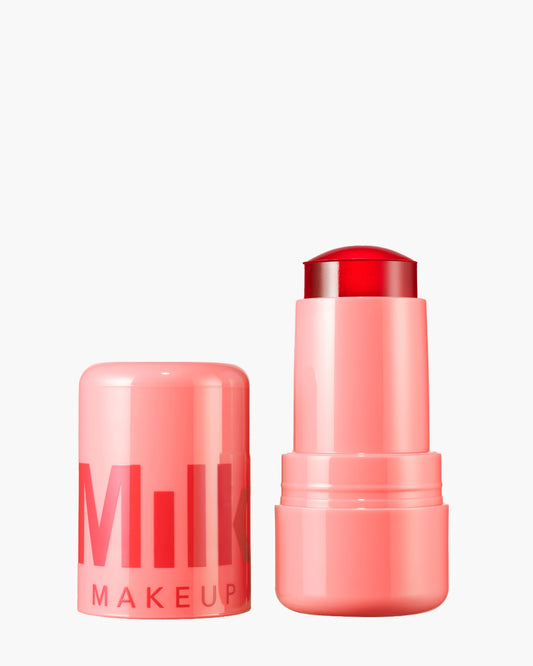
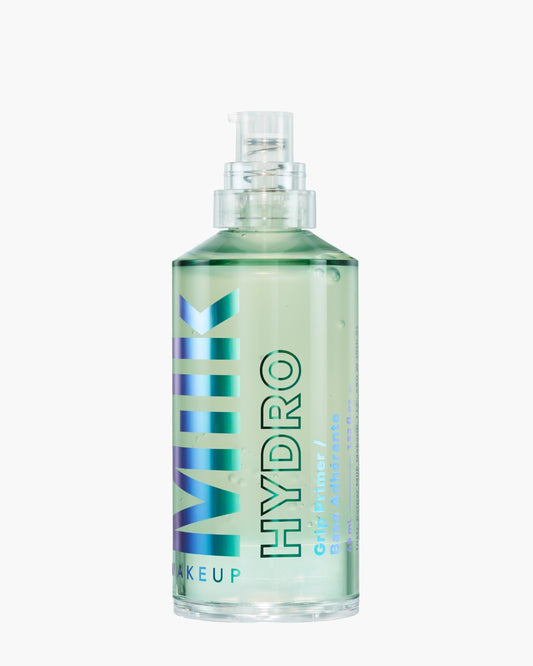
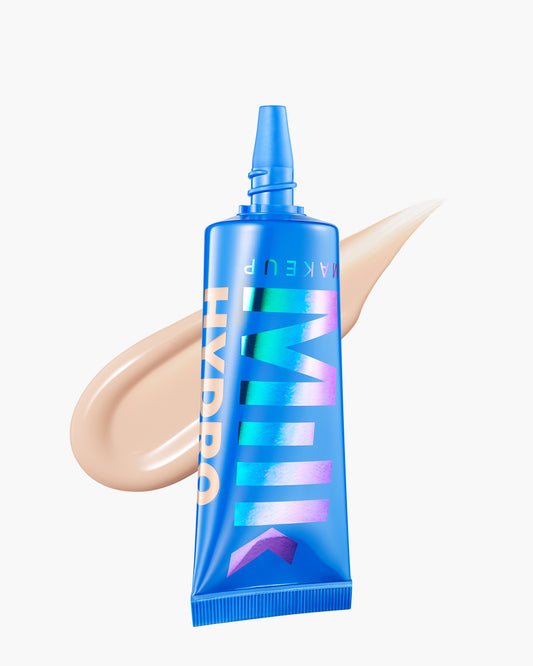
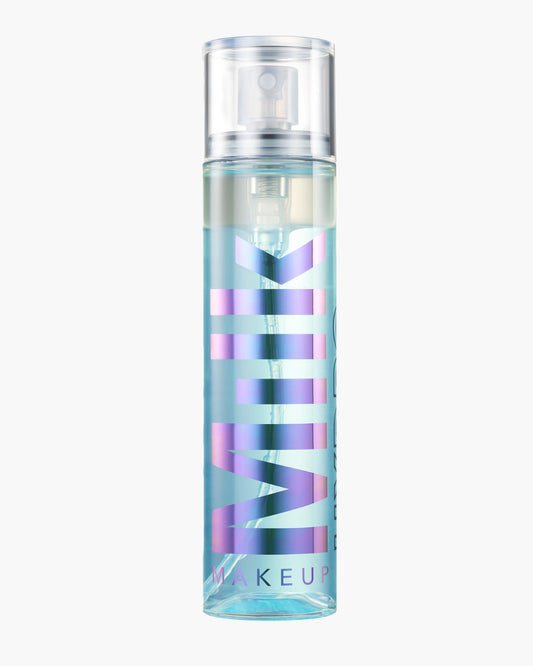
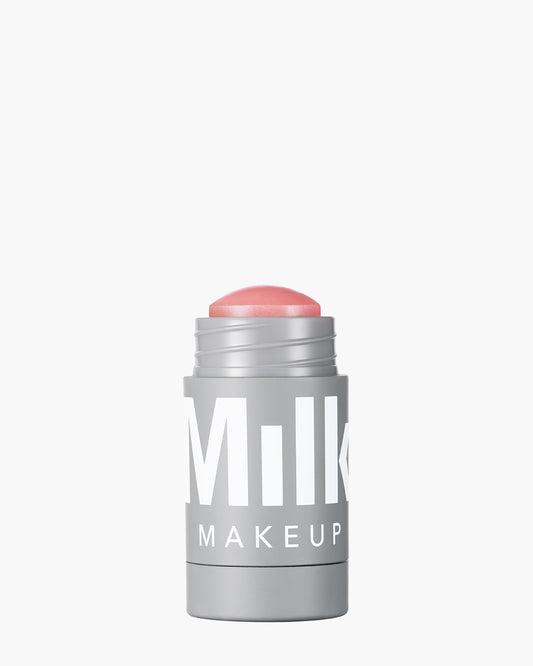
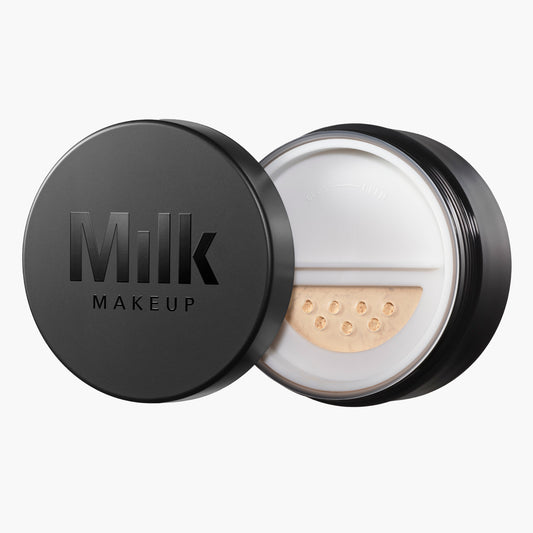
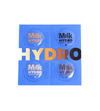
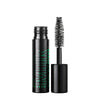
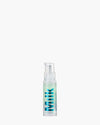

 "
"
